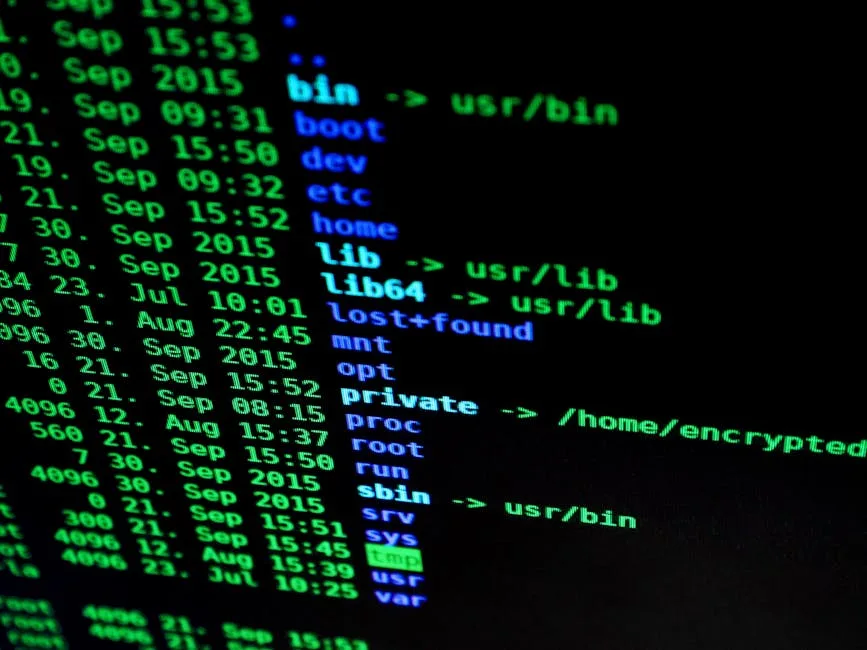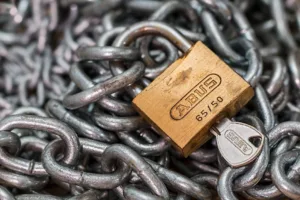
Offensive Security has issued a warning to Kali Linux users regarding potential update failures due to the loss of the repository signing key. The issue, first reported on April 26, 2025, requires manual intervention to install a new key (ED65462EC8D5E4C5) to maintain system functionality. This administrative incident does not stem from a security breach but highlights the fragility of centralized signing mechanisms in Linux distributions.
Summary for Decision Makers
The following points summarize the situation for time-constrained readers:
- Issue: Kali Linux’s old repository signing key (
ED444FF07D8D0BF6) was lost, disruptingapt updatefunctionality. - Impact: All systems without the new key will fail to verify package signatures.
- Solution: Manual installation of the replacement key via
wgetorcurl. - Verification: SHA-1 checksum validation (
603374c107a90a69d983dbcb4d31e0d6eedfc325) is recommended. - Timeline: Repository frozen on February 18, 2025, to prevent widespread disruption.
Technical Details and Remediation
The error manifests when running apt update, displaying the message: Missing key 827C8569F2518CC677FECA1AED65462EC8D5E4C5. Offensive Security confirmed the key loss resulted from internal infrastructure changes rather than compromise[1]. The new key is available via:
sudo wget https://archive.kali.org/archive-keyring.gpg -O /usr/share/keyrings/kali-archive-keyring.gpgAlternatively, users may employ curl for installation[4]:
curl -sSL https://archive.kali.org/archive-keyring.gpg | sudo tee /usr/share/keyrings/kali-archive-keyring.gpgPost-installation verification should confirm the SHA-1 checksum matches 603374c107a90a69d983dbcb4d31e0d6eedfc325[2]. Updated Kali Linux images (e.g., 2025.1c) now include the key pre-installed to prevent recurrence.
Historical Context and Community Response
This incident mirrors a 2018 GPG key expiration event that similarly disrupted updates[3]. Reddit discussions reveal mixed reactions, with some users criticizing communication delays while others emphasized proper verification practices[5]:
“Never blindly trust links or commands posted online—verify checksums and sources.”
Offensive Security has since published an FAQ addressing troubleshooting steps and clarified the non-security nature of the incident on GitHub[1].
Security Implications and Best Practices
The event underscores vulnerabilities in single-key repository signing models. Organizations relying on Kali Linux for security testing should:
- Implement the key update across all testing environments
- Maintain offline backups of critical signing keys
- Monitor official channels for similar announcements
Future-proofing measures under consideration by other distributions include multi-signature repository models, as explored by Fedora and Debian[1].
Conclusion
While the Kali Linux key loss presents operational challenges, it serves as a case study in maintaining trust chains for security-focused distributions. The availability of updated images and clear remediation steps minimizes long-term impact. This incident reinforces the need for robust key management policies in enterprise security toolchains.
References
- “Kali Linux warns of update failures after losing repo signing key”. BleepingComputer. 2025-04-28.
- “New Kali Archive Signing Key”. Kali Linux Official Blog. 2025-04-26.
- “Kali Linux issues warning about update failures”. The Cyber Security Hub™. 2025-04-28.
- “Kali issues warning to users about update failures”. Neowin. 2025-04-28.
- Reddit discussion on Kali Linux update failures. r/cybersecurity. 2025-04-28.




